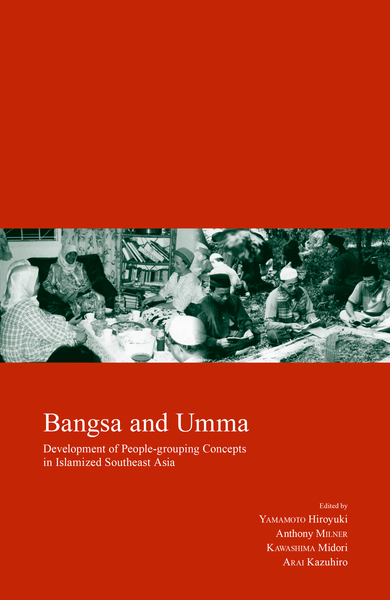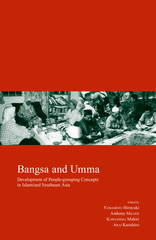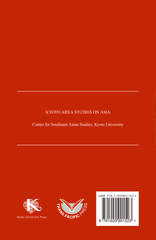Bangsa and Umma
Many In Stock
Having experienced a large-scale reorganization of social order over the past decade, people of the Malay world have struggled to position themselves. They have been classified - and have classified themselves - with categories as bangsa (nation/ethnic group) and umma (Islamic network). In connection with these key concepts, this study explores a variety of dimensions of these and other 'people-grouping' classifications, which also include Malayu, Jawi, and Paranakan. The book examines how these categories played a significant part in the colonial and post-colonial periods in areas ranging from Malaysia, Indonesia, and the Philippines. It demonstrates the extent to which shifting social conditions interact with the contours of group identity. This is a collaborative work by scholars based in the US, Japan, Malaysia, and Australia.
Reviews
Understanding the genealogy of people-grouping concepts provides valuable insight into the mechanics of power relations and how the agency of cultural identification constructs the continuity and the contentious in the political world. Pacific Affairs, Vol. 85, No. 4, December 2012.
About Editors and Authors
YAMAMOTO Hiroyuki is a Japanese anthropologist who completed his PhD at the University of Tokyo in 2003. After working as a full-time lecturer at Sabah University in Malaysia and as Assistant Professor in the Graduate School of Arts and Sciences, University of Tokyo, among other positions, he is now Associate Professor at the National Museum of Ethnology. He specializes in Southeast Asian area studies, and his research interests include ethnicity and multiraciality in Malaysia.


